Looking back over the years, despite getting launched in October 2018, Microsoft Azure DevOps is not new in the market. With the rising benefits of DevOps, more and more businesses are adopting the same. Typically, DevOps are designed to bring IT operations and software development together in a business environment. To sum up, Microsoft Azure DevOps is a powerful product with a rich feature set with more than 80,000 internal users at Microsoft.
What is Microsoft Azure DevOps?
Ideally, Azure DevOps is a SaaS (Software as a Service) platform developed by Microsoft. It offers an end-to-end DevOps toolchain for Deploying and developing software efficiently. Furthermore, it incorporates all the leading tools in the market. In a nutshell, it is an excellent option for arranging a DevOps toolchain.
What Are the Benefits of Azure DevOps?
Azure DevOps offers extensive benefits to teams with its wide range of powerful tools. A few benefits include:
- On-time Access to New and Unique Features: DevOps users gain access to new Azure features every 3 weeks. There is no need to look around and find what’s new.
- Zero Worry About Upgrades: Users don’t require to worry about patching or upgrading the toolchain. This is because Microsoft Azure DevOps is already a SaaS product. In other terms, organizations that run on CI/CD model do need to require slowing down things for upgrade purposes.
- Reliability: DevOps is 100% reliable because it is backed with 99% SLA and 24*7 support.
- Flexibility: In case a DevOps team does not require a full suite of services, they can take them disparately.
- Platform-agnostic Nature: Ideally, DevOps are designed to run on every/any platform and language. To name a few, Linux, Windows, macOS, or languages like Node.js, Android, Java, C/C++, PHP, .Net, Python, Ruby, iOS apps, etc.
- Cloud-agnostic Nature: It works with GCP and AWS.
Key Features of Azure DevOps
The key features of Azure DevOps for development teams are:
- Dashboard Control: Under this feature, users can navigate to distinct areas of the project, configure all dashboard widgets, and add or monitor dashboards.
- Enhanced Source Control: Typically, Azure DevOps systems hold up 2 renowned types of source control: Team Foundations Version Control (TFVC), and GIT (distributed). Herein, users can either add or monitor Azure Git tags, download, recite, and edit files to see through the version history
- Plan and Keep A Record Your Work: Azure DevOps offer users a range of work items required to manage all user stories, tasks, bugs, requirements, and more. For planning, you can get a range of Backlogs and boards for supporting the chief agile methods: Kanban, Scrum, or Scrumban.
- Continuous Integration and Deployment (CI/CD): Most developers employ CI/CD where Azure DevOps support them. By implementing Azure pipelines, developers can mechanize many design processes, including developing test instructions, building steps, and monitoring simultaneous releases.
- Support Exploratory and Manual Testing: The features of Azure DevOps facilitate continuous, manual, and exploratory testing, which includes workflow customization, criteria-based selection, and end-to-end traceability that tracks all test activities.
- Azure Cloud-hosted Services: Azure DevOps offer cloud-hosted services to teams for supporting applications in terms of development and deployment.
Top Azure DevOps Tools
Let’s have a look at the top Azure DevOps Tools and services.
-
Jenkins
Despite being open-source, Jenkins is brilliant in terms of asynchronous development. However, it has certain problems with plug-in compatibility and lacks comparative support. All in all, Jenkins is quite useful and easy to use as a whole, the simplicity is limited to its usefulness.
-
JIRA
This top-rated application lifecycle management (ALM) suite offers plenty of benefits like sprint planning, automatic notifications, and personalized dashboards. However, users generally encounter problems with permissions, project administration, weak reporting, etc.
-
GitLab
This is another open-source, web-based DevOps lifestyle tool. In comparison, Azure DevOps ideally has every single feature that GitLab has. It has some more. Usually, GitLab supports test formats, integration with other extensions and tools, reporting, etc.
-
TFS
The TFS ALM (Application lifecycle management) suite has a temporary functionality. It builds all management features. However, TFS gets crushed by a dashboard that is not purely customizable. It has a test interface that is not very innovative. Moreover, it holds a quite high price compared to the rest of the project management tools.
In a nutshell, all these comparisons do not state Azure DevOps is an ideal one. This is because no product or tool is perfect. The key here is that several firms have specific needs best served by a particular DevOps tool.
Herein, what makes Azure stand out from the crowd is its comprehensive set of features and tools. Each of these allows the DevOps team to execute projects from beginning to end from one provider. All in all, Azure is highly agnostic. Hence, DevOps teams can easily work with other services and tools if they select.
Azure DevOps Service Offerings
Azure DevOps features a list of service Offerings. Some include:
- Azure Pipelines: This is a platform, Language, and cloud-agnostic CI/CD platform that supports Kubernetes or containers.
- Azure Boards: This looks after all work item tracking, agile planning, visualizing, and reporting tools.
- Azure Test Plans: This offers an all-in-one planned and exploratory testing solution. It is integrated.
- Azure Repos: This provides a private Git Repository that is cloud-hosted. It offers advanced file management, pulls requests, and several other advantages.
- Azure Artifacts: The artifacts offer developers robust and integrated package management. This includes support for npm, Maven, NuGet package feeds, and Python from public or private sources.
Besides these, Microsoft Azure integrates with third-party platforms and tools as well. This denotes that your team members have the license to use specific services besides the existing platforms in line.
Competitive Advantages of Azure DevOps Implementation
Azure DevOps provides a vast range of advantages for businesses. Some of the competitive advantages of Azure DevOps Implementation include:
- Determine DevOps Workflow: One top benefit of Azure DevOps is its ability to incorporate other platforms and tools. Typically, you will want to determine your DevOps workflows and select the Azure tool that best suits you. Besides, you will also wish to know how to incorporate these new tools into the existing ones.
- Make Use of Automation: Automation is a powerful tool when it comes to engineering teams. Automate wherever you can. It saves effort and time besides simplifying processes and enhancing consistency.
- Explore extensions: Azure DevOps can offer full development services. However, there are instances where users wonder if they had access to some extra tools. In such cases, they can browse through a marketplace that is packed with extensions. Considering a few teams, it can be advantageous to put hands on distinct extensions via trial and error to spot the most efficient solutions. Implementing extensions allow organizations to personalize DevOps to gain individual objectives.
Key Takeaway – Choose C-Metric Microsoft Certified Silver Partner
Upon conclusion, Azure DevOps offers all the scale and size businesses open access to a wide spectrum of benefits. Providing access to a pool of DevOps tools and services. With the help of Azure DevOps cloud, we have helped our development partners to take their business to the next level while saving loads of time and effort.
If you are in search of a reliable development partner, choose none other than C-Metric Microsoft Certified Silver Partner to ship faster with Azure DevOps service today. We are here to help you with modern application development with the best Microsoft Azure DevOps services!

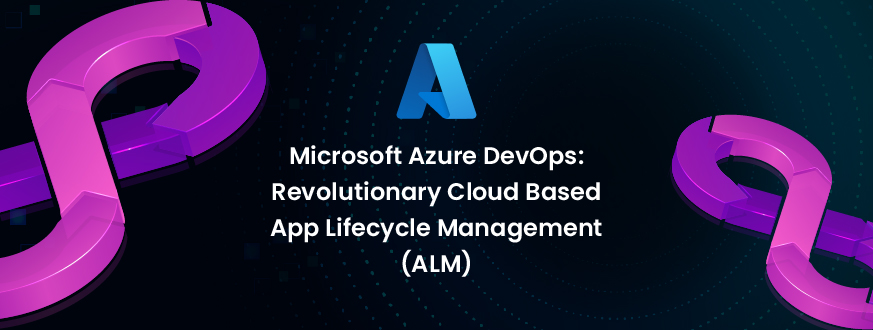

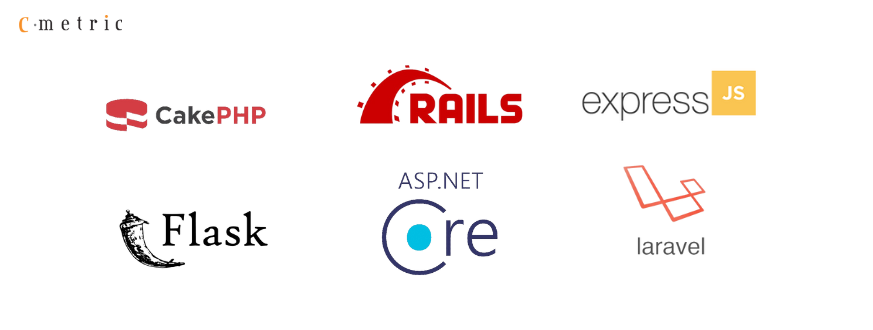




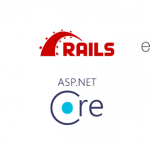



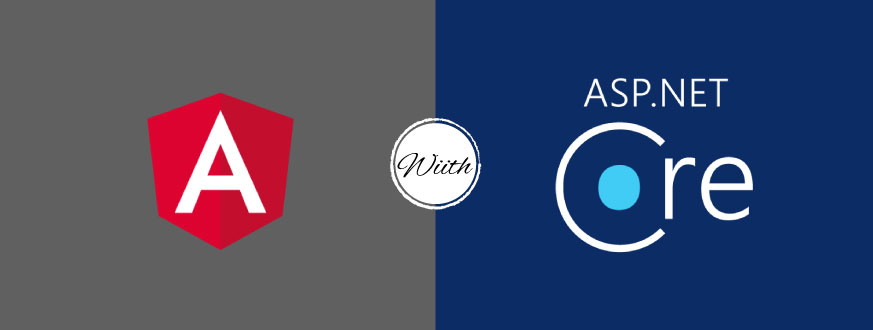
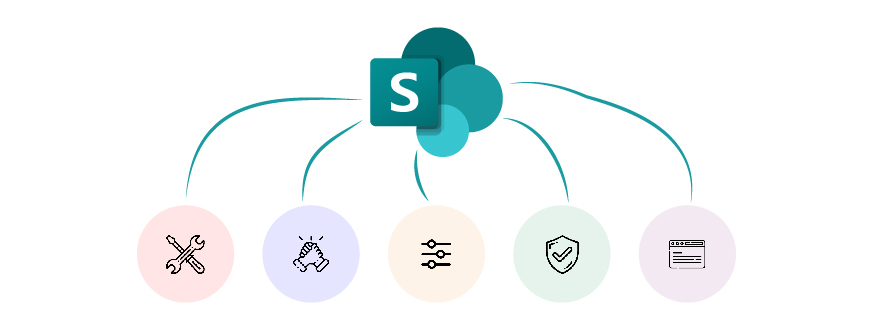

Get in Touch